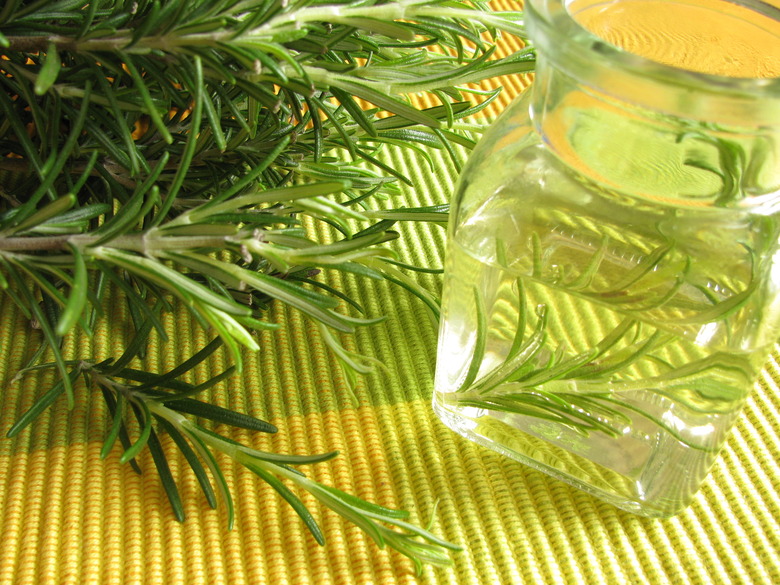What Is The Effect Of Acidic Vinegar Water On The Growth Rate Of Plants?
Vinegar is highly acidic, and it can have many negative effects on the growth of plants. Vinegar is often used as a natural weed killer, and any contact with a plant may damage or kill the plant.
Acetic Acid
Acetic Acid
The acetic acid found in vinegar is the most harmful element to plants. Vinegar initially dries out the leaves of plants but does not affect roots, making it a poor solution for killing perennial weeds. Repeated use on young, actively growing annuals can cause more damage, even preventing the weeds from establishing roots and setting seeds that allow them to self-sow for their next growth cycle.
Soil
Soil
Vinegar can lower the pH of soil and prevent plants from growing. Low pH levels are not suitable for the growth of many plants. The acidity of household vinegar, with about 5 percent acetic acid, is not strong to cause lasting damage to the soil, and the soil should return to normal pH levels after a few days. However, herbicidal vinegar, with 20 percent acetic acid, can have a longer-lasting effect. Herbicidal vinegar can also burn the eyes and skin, so it should be used with proper protection and caution.
Natural Weed Killer
Natural Weed Killer
A simple mixture of vinegar, salt, and liquid soap is a commonly used weed killer. Although the solution destroys weeds, vinegar is nonselective and can harm surrounding plants.
